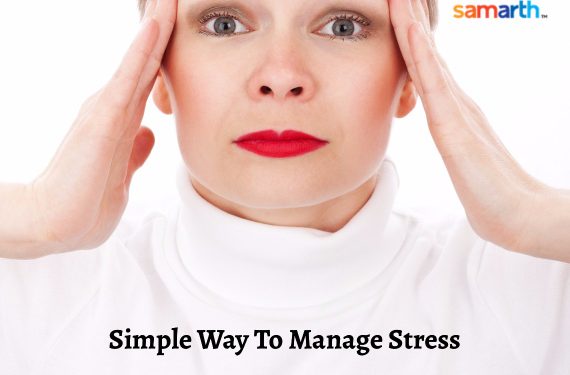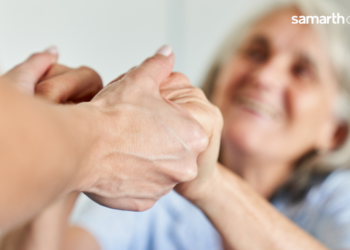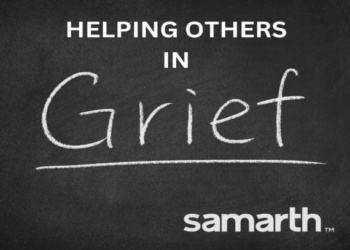Senior citizens by virtue of leading a ‘retired life’, must be free of stress. They would most probably have completed all their duties that usually put people into stress, like educating kids, saving up for a home and other stuff, etc. This is the general perception that most people carry with them. Older adults themselves may not realize that there are not paying attention to their mental health, and nor would the younger ones in the house, realize this. Most often, we talk a lot about maintaining physical health in the old age and totally ignore the psychological aspect of aging.
The Stress Factors
The senior citizens are usually plagued by issues concerning decreased self-image that happens due to aging, changed body appearances, illness and pain, fear, apathy, anxiety, a feeling of helplessness or hopelessness, etc. This could be more so, if the people are living alone, or are living together in a family and yet feel that they are not getting the required attention. It could also be that the family uses them for babysitting and other chores, etc., that may also be adding to the stress. This happens, if they are not fully fit or happy to do these chores, but find that they are not in a position to decline, making things stressful.

Join Now >
Managing stress is an important aspect for every age group, but especially important for seniors. It is not uncommon for the elderly to have some some chronic conditions, and related co-morbidities, which makes their situation comparatively more difficult and complex. If stress is not managed and allowed to become yet another chronic issue, it would aggravate all the other conditions of the body, putting seniors at risk of harm by poor health. We know all the traditional and common ways of how stress can be managed by meditation, pranayama etc, but there are other ways in which you can combat stress as well, here are a few of them:
Use the Power of Your Senses
Different people have different sensory experiences which work the best for them when they need to relieve stress. For example, listening to a particular genre of music may be uplifting for some people, while for others who find themeselves calming down through sight, might find the view of colourful plants and and flowers as soothing. There are some who might find the smell of an aromatic candle or essential oils as caery calming and soothing, while for others, chewing on a piece of rich dark chocolate may give them that desired effect. The point here is that our senses are a very powerful tool that when stimulated sufficiently, can work amazingly well to help relieve stress.
Help Yourself, Help Others
When you feel bogged down and finding it difficult to cope, it is okay to ask for help. Just by acknowledging that and letting a family member, or even a friend know will help you feel better. Similarly, helping others is actually a very good way to make your mind feel more at ease and at peace as well. The more you give, the more resilient and happy you will feel. Do some community work, or pick up some volunteering activity, or just simply lend an ear, or some advice to a person who seeks it. You will find that you’re feeling much more calmer than you were before.
Reading
Reading is a very good distraction for the mind and it can take you away from the real world around you. Good books can entertain you, teach you as well as keep you engaged and in a happy state of mind. It keeps your brain occupied in a good way and thus helps in stress management. Of course, it goes without saying that you also learn many new things and it really opens up your mind and at times, even changes your thinking.
Hobbies
Hobbies are another good way to keep your mind occupied and you can use it as a distraction. It gives you a sense of satisfaction at having created something and puts you in a generally good state of mind. Painting, arts, and crafts, cooking, blogging, sewing, gardening, etc. are hobbies that can be easily made a part of your daily life. It also gives you excuses to socialize as well and that also helps in reducing stress.









